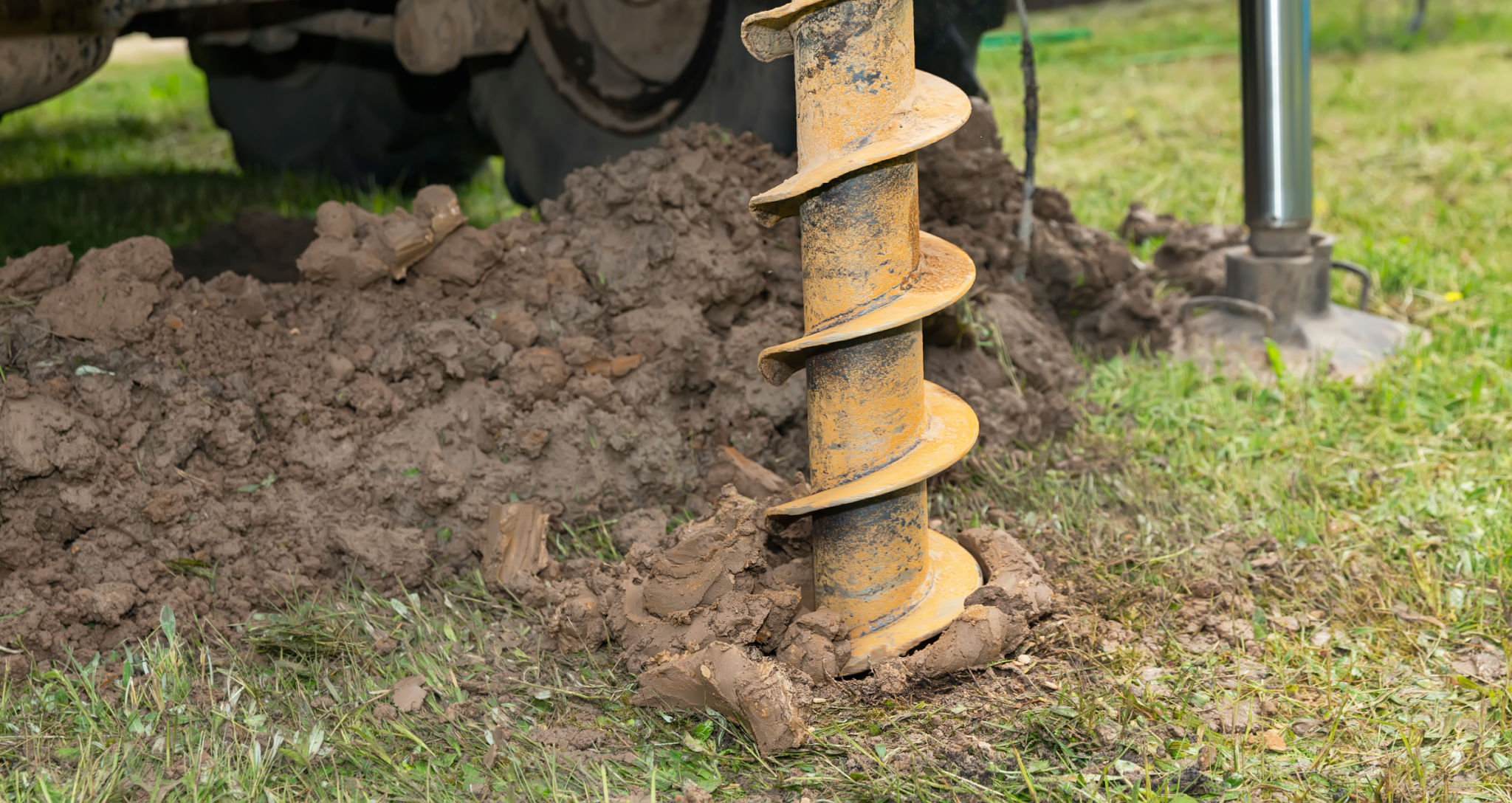A Case Study: Successful Borehole Projects in Mashonaland East Province
Introduction to Borehole Projects in Mashonaland East
In recent years, access to clean and safe water has become a pressing issue in many parts of Zimbabwe, especially in rural areas. One province that has seen significant improvements through borehole projects is Mashonaland East. This case study explores the success stories of these initiatives, highlighting the positive impact on communities.

The Need for Borehole Projects
Mashonaland East, like many other provinces, has struggled with water scarcity due to prolonged droughts and limited infrastructure. The lack of reliable water sources has affected agriculture, health, and the overall quality of life. Borehole projects have emerged as a sustainable solution to these challenges, providing a dependable source of water for everyday use.
Community-Led Initiatives
One of the crucial factors behind the success of borehole projects in Mashonaland East is the active participation of local communities. These projects are often spearheaded by community leaders and involve collaboration with NGOs and government bodies. This community-led approach ensures that the projects are tailored to meet the specific needs of each area.

Implementation Strategies
The implementation of borehole projects involves several strategic steps. First, an assessment is conducted to identify areas with the greatest need for water. Next, geological surveys are carried out to determine the most viable locations for drilling. Once a site is selected, drilling and installation of the borehole are completed, followed by regular maintenance to ensure longevity.
Technological Innovations
Recent advancements in drilling technology have significantly improved the efficiency and effectiveness of borehole installations. Solar-powered pumps are increasingly being used, reducing dependence on unreliable electricity supplies and lowering operational costs. These innovations make the projects more sustainable and environmentally friendly.

Impact on Local Communities
The introduction of boreholes has had a transformative effect on the communities in Mashonaland East. Access to clean water has improved health outcomes by reducing waterborne diseases. It has also boosted agricultural productivity by providing a reliable source of irrigation, thereby enhancing food security and livelihoods.
Empowering Women and Children
Women and children, who traditionally bear the burden of fetching water, have particularly benefited from these projects. With closer access to water, they can devote more time to education and other productive activities. This shift has empowered women and contributed to gender equality in these communities.
Challenges and Lessons Learned
Despite their success, borehole projects in Mashonaland East have faced challenges such as funding constraints and technical issues. However, these challenges have provided valuable lessons. The importance of regular maintenance and community involvement cannot be overstated, as they are key to ensuring the sustainability of these projects.

Future Prospects
Looking ahead, there is potential for expanding borehole projects across other provinces in Zimbabwe. By leveraging technology and fostering partnerships between stakeholders, these initiatives can continue to improve water access and enhance the quality of life for rural communities.
Conclusion
The successful implementation of borehole projects in Mashonaland East serves as an inspiring model for addressing water scarcity in rural areas. Through strategic planning, technological innovation, and community engagement, these projects have not only provided a vital resource but have also strengthened community resilience and development.